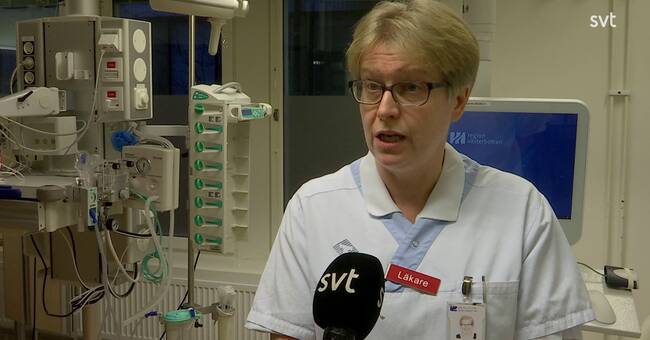According to Region Västerbotten, home health care is good for the child's development, but it also means benefits for the parents.
The target group when it comes to home care is those premature babies who are stable and have parents who feel safe with home care.
In the vast majority of cases, the children have been cared for in hospital for some time.
In home care, you are visited by a specialist nurse daily, every third day or at less frequent intervals based on the child's needs.
- We try to work with family-centered care and we believe that home care will be an advantage for the family.
It is completely voluntary and if you as a parent feel insecure or for other reasons do not have the opportunity, then you stay in hospital, says Jolanta Wróblewska, chief physician at the Children and Youth Center.
So far, this only applies to children of parents who have a maximum of one hour's journey to Umeå University Hospital.
Parents with participants
Plans for home care for children born prematurely have existed since 2004 but have for various reasons never been realized in the Västerbotten Region.
All other university hospitals in the country have already implemented this change.
Having a premature baby involves great emotional strain, but it has been shown from other regions that parents who care for the baby at home feel more involved, and that it is only when they get home that they feel that the baby is entirely theirs. .
- No children who can be cared for at home should be in hospital.
It feels extra fun to offer care at home for patients who need support from the highly specialized intensive care, says Antti Holsti, operations manager at the Children and Youth Center.
In the video, you hear the chief physician Jolanta Wróblewska about why home care is good for both children and parents.

